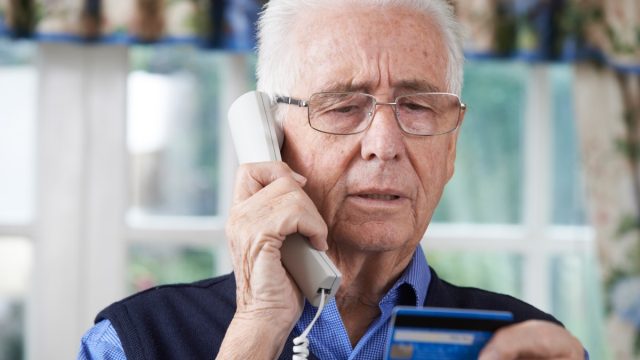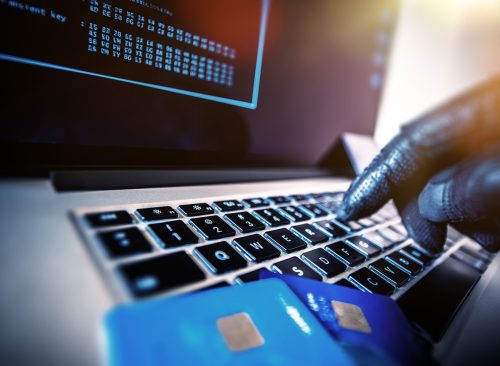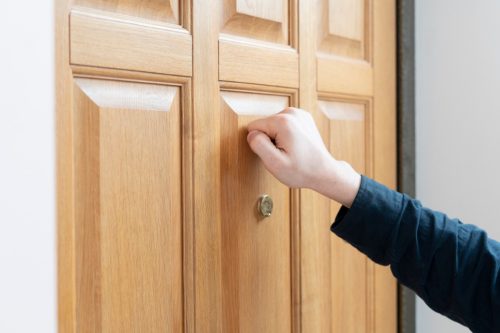
Local officials are warning that scammers are targeting customers of National Grid, a utility company that services areas of New York and Massachusetts. The criminals are using email, phone calls, and in-person visits to trick people out of money—in some cases, thousands of dollars. Even if you’re not in the company’s service area, you’ll want to read on; their tactics are common and have been observed in other scams nationwide.

Even if you’ve already paid your bill. “If you believe you are current on your National Grid account, it is highly likely a call seeking payment is a scam,” the company says.

If you get a call from someone claiming to be a National Grid employee, ask them to provide the last five digits of your National Grid account number, the company advises. “If the caller doesn’t know your account number and phishes for help, take charge and hang up immediately,” the company says. “National Grid representatives will know your account number. If the caller cannot validate your account number listed on your bill, it is likely a scam.”

Someone may call or email you and ask for personal information. “Scammers will not have access to your account information, social security number or other personal details, and you should never offer that information if asked,” warns. National Grid. “Never — under any circumstances — offer personal or financial information to someone who you cannot identify.”

“Scammers also may contact you by email and attempt to lure customers into clicking on a link, visiting a malicious website, revealing account information, or calling a phone number,” the company says.

Scammers may contact you by phone and get aggressive in requesting money by a specific method, such as a wire transfer from a bank account, credit card, gift card, or prepaid debit card. “While National Grid may ask for a payment to be made over the phone, the payment method will be left to the customer’s discretion,” the company says.”National Grid will not contact customers demanding immediate payment by wire transfer, Green Dot, Money-Pak, or any other prepaid card service.”

Some scammers, once they’ve successfully obtained prepaid card information, will tell the customer to call a phone number, which simulates official communication with a National Grid operator but is actually part of the scam.
RELATED: Daily Habits That Increase Dementia Risk, New Study Reveals

“Every National Grid employee carries a photo ID badge, and contractors working for the company are also required to carry ID,” the company says. “If someone requesting entry into your home or business does not show identification as a National Grid employee or contractor, don’t let that person in, and call National Grid or local law enforcement.”














